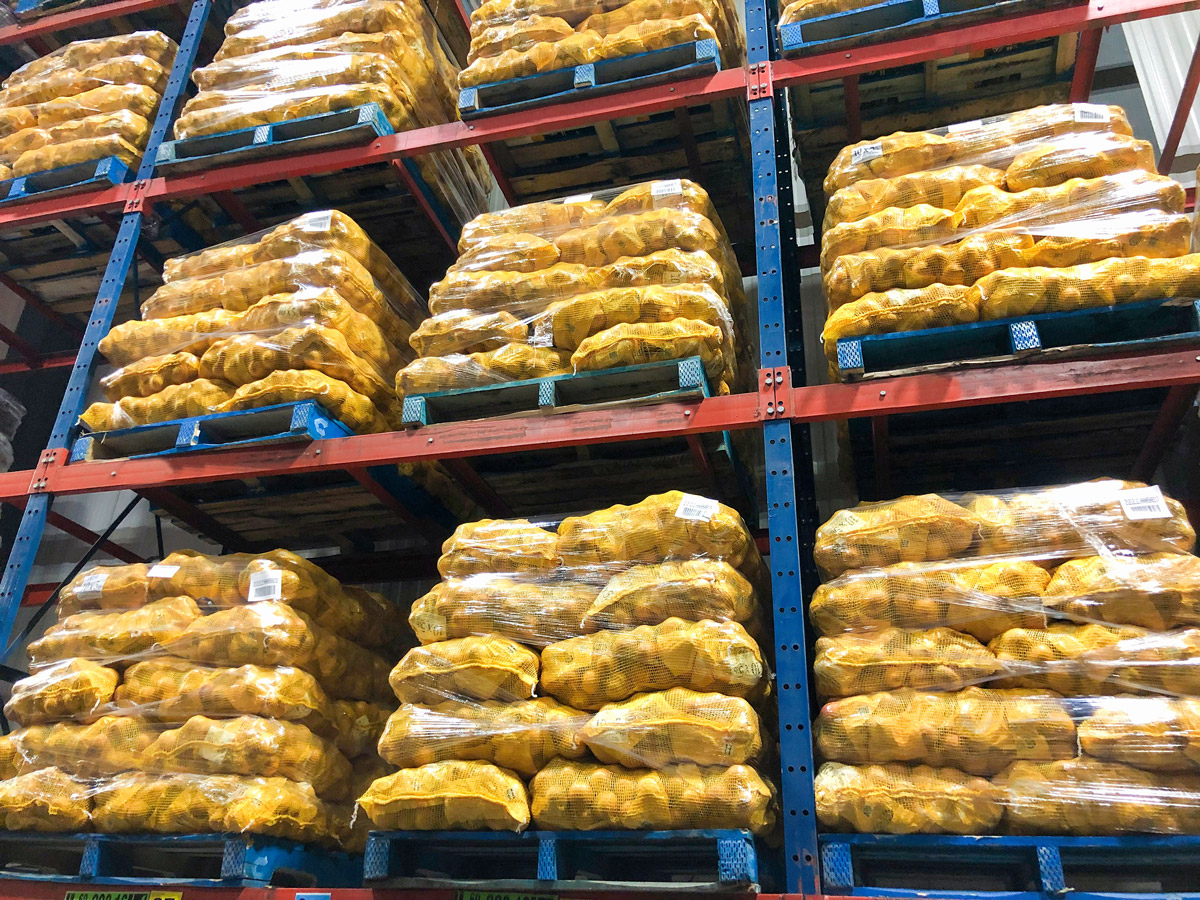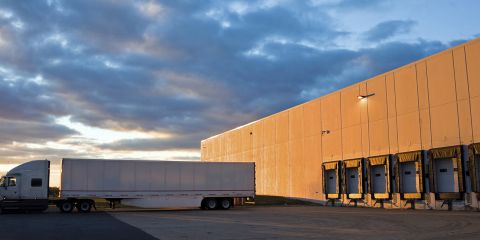
Food allergies don’t take a day off, and neither can shared storage facilities. When different brands, products, and ingredients share the same square footage, the potential for cross-contact grows fast.
From mislabeling to accidental spills, the margin for error shrinks when space is shared. So, whether you run a co-packing warehouse or manage an industrial kitchen hub, the following practices should anchor your allergen control game.
Build Your Foundation With HACCP and SQF
Hazard Analysis and Critical Control Points (HACCP) and the Safe Quality Food (SQF) program are not just box-checking exercises. HACCP helps you pinpoint where risks show up. SQF ensures you are documenting, tracing, and defending against those risks daily.
Together, they form the backbone of reliable allergen control. If your shared storage facility is running without them, you're leaving safety to chance.
Create Real Separation Between Allergen and Non-Allergen Items
Physical separation is step one, but it is not enough. Airflow, storage layout, and handling schedules all play a role in keeping allergens from moving where they shouldn’t.
Do it right with:
- Color-coded tools and bins for allergen-specific ingredients
- Clearly labeled storage zones
- Scheduled downtime between allergen batches
- Label checks and audit logs
- Strict staff entry and hygiene controls
Train Staff To Think Beyond the Protocol
You can hand someone a procedure, but unless they understand the why, they may miss the details that matter. Training needs to be more than a slideshow.
Make it routine, make it scenario-based, and tie every action to real-world outcomes. From recalls to lawsuits to customer health, the stakes are high.
Customize Your Approach To Fit Your Facility
Every warehouse is built differently, and so is every product that moves through it. The best allergen plans are the ones tailored to your operation. That means mapping your workflows, understanding your ingredient profiles, and adjusting protocols for your space.
As you can see, allergen management demand’s structure, vigilance, and a team that knows why the rules matter. Following these best practices will protect your brand, your partners, and the people who trust you with their safety every single day.
The CWLA is a community of like-minded warehousing & supporting companies. We can help you generate leads, stay informed with industry news, regulations, & upcoming events.
The CWLA is open to all warehousing, trucking, co-packing, or fulfillment providers. Please contact us if you have any questions.
